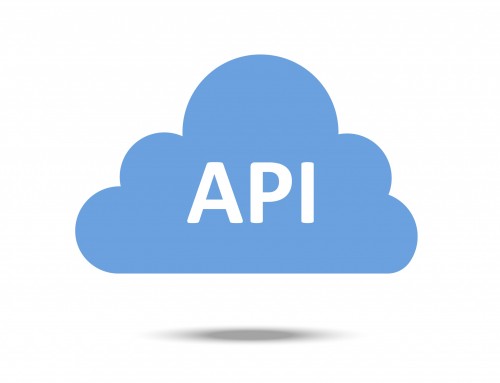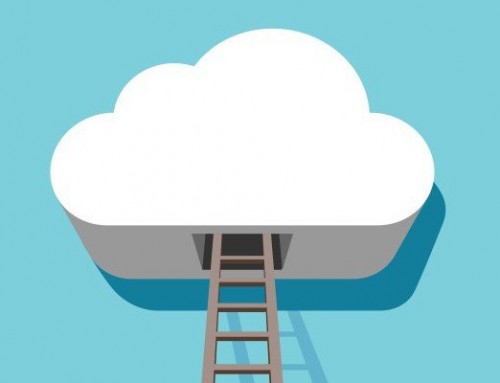Cloud ERP: The (not so) Secret Weapon That Will Transform Your Business
Could Cloud ERP (Enterprise Resource Planning) be the right tool to take your business to the next level?
As the year draws to a close, it’s a human impulse to take a moment and reflect.
Business owners naturally find themselves looking back to the previous year, assessing activities and initiatives that will inform their goals for the coming year. But every business owner also knows that future goals aren’t enough. To achieve success, you need a plan.
The question is, does your current technology provide the necessary information and analysis to enable you to intelligently execute those plans? If you’re only using accounting software to manage your business, it probably doesn’t. It might be time to upgrade to a Cloud-based ERP solution.
Why adopt Cloud ERP software?
If you’ve been managing your business with separate systems and processes for accounting, sales, products, and inventory, you might feel that your current systems are functioning fine. You may not want to invest in the cost, implementation, and training a new system would entail. However, adopting a single, integrated Cloud ERP offers advantages that separate systems simply cannot.
- Increased employee efficiency. Adopting a single suite that meets the needs of accounting, sales, marketing, and inventory teams makes it easier for those departments to collaborate and share information, and reduces time spent on data entry. ERP software eliminates repetitive processes and streamlines cross-department workflows. Furthermore, while initial training and learning curves may temporarily reduce productivity, all future training is simplified, since everyone in the company is familiar with the toolset.
- Increased accuracy of forecasts. By uniting all business activities within a single database, ERP software makes monitoring, reporting, and forecasting more accurate, giving small business owners and leaders the information they need to plan and adapt. As businesses grow, ERP software can use machine learning to analyze large datasets and report realistic outcomes.
- Lower operational costs. All SMBs are looking for ways to reduce costs, and ERP software can help meet that goal. Advanced reporting and analysis not only help streamline and improve efficiency, it helps identify redundancies and roadblocks. Disruptions and delays are better anticipated, and problems can be resolved in real time, reducing the overall cost of operations.
- Improved data security and compliance. While every business wants to protect data security, some industries also have higher reporting and compliance requirements. Your ERP vendor has multiple levels of data security, and ERP software makes industry-specific reporting easy. ERP software is AASB compliant and facilitates required reporting and disclosures.
[FEATURE ARTICLE – Top 10 Cloud ERP Adoption Reasons]
Features of different ERP software suites
ERP software is typically modular, so SMBs can choose not only the specific software but the specific services that are best applicable to their needs and industry. Every business has unique requirements, from manufacturing or product development to fundraising, but there is an ERP solution for nearly everyone.
- Mobile features. Remote access to company databases and processes allows your employees to collaborate and share information in real-time. Mobile functionality is essential for many departments, from sales to IT.
- Social data. Most businesses choose to integrate CRM into their ERP. CRM functionality increases the value and accuracy of customer data and allows real insight and analysis of customer behaviour. Social data is of increasing importance in your CRM so that sales and marketing departments gain more insight into the market, the customer, and the brand.
- Delivery methods. ERP can be licensed either traditionally, from the cloud, or using a hybrid method. SaaS licensing models like MYOB Acumatica (formerly MYOB Advanced) can be deployed rapidly and with lower IT costs than a traditional software purchase, with greater data security than most SMBs can provide themselves.
Cloud-based ERP solutions offer SMBs advantages that simply weren’t possible a few years ago with more limited technologies. These tools are rapidly becoming essential for businesses of all sizes, in all industries, as capabilities expand and applications are developed. To learn more about the next generation of business management practices, join us for our upcoming Webinar.








Leave A Comment